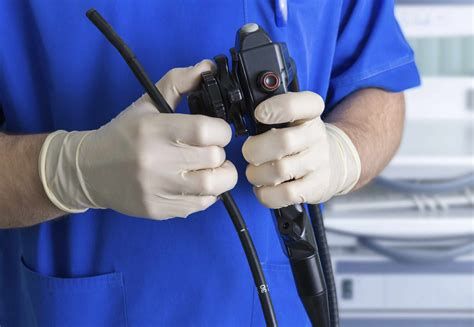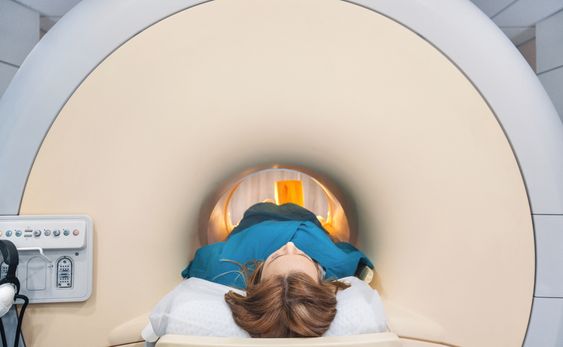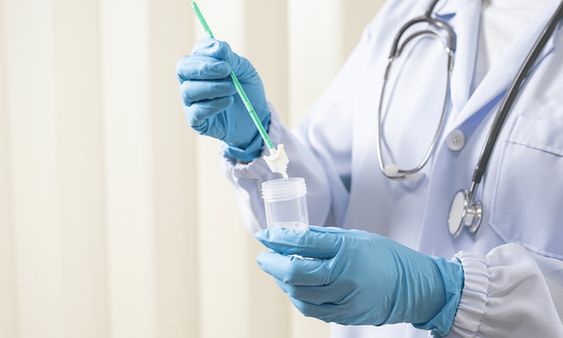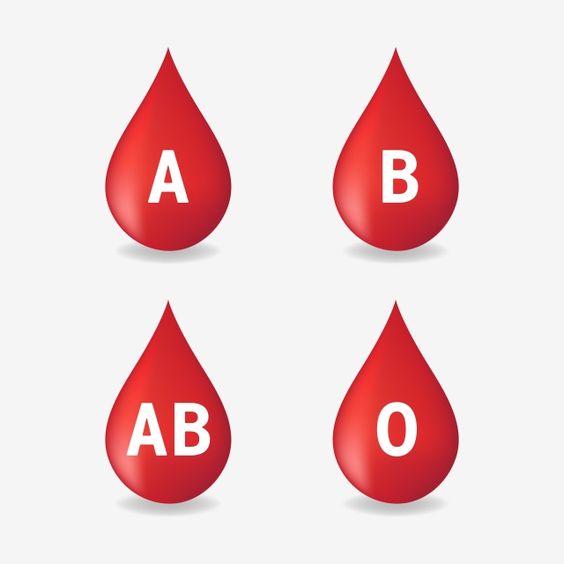Introduction
Living with allergies can be a frustrating and sometimes debilitating experience. From the sniffles and sneezes of hay fever to the itchy eyes triggered by pet dander, allergies can significantly impact our quality of life. Fortunately, allergy testing provides a valuable tool for identifying the specific substances that trigger our allergic reactions.
Allergy testing involves exposing your body to small amounts of potential allergens and observing for a reaction. By pinpointing the precise culprits behind your symptoms, you and your doctor can develop an effective management plan. This may involve avoiding the allergens, taking medication to control symptoms, or in some cases, undergoing immunotherapy to build tolerance.

This article will delve into the different types of allergy tests available, explain the procedures involved, and provide insights into what you can expect during and after testing.
Types of Allergy Tests
There are several methods for conducting allergy testing, each with its own advantages and limitations:
Skin Prick Test: This is the most common type of allergy test. A small amount of allergen is placed on your skin, and a tiny needle is used to prick the surface, allowing the allergen to enter. If you are allergic to the substance, a red, itchy bump will develop within 15-20 minutes.
Intradermal Test: This method involves injecting a small amount of allergen into the skin's upper layer. It's used for allergens that don't react well with the skin prick test.
Blood Test: A blood test, also known as a RAST (radioallergosorbent test) or ELISA (enzyme-linked immunosorbent assay), measures the amount of allergen-specific antibodies in your blood.
Challenge Test: In some cases, a challenge test may be performed, where you are given a small amount of the suspected allergen to consume or inhale. This test is typically done in a controlled medical setting to monitor for severe reactions.
What to Expect During Allergy Testing
Before undergoing allergy testing, your doctor will inquire about your medical history, including any known allergies and medications you are taking. They will also ask about your symptoms and potential triggers.
Depending on the type of test being conducted, you may be asked to stop taking certain medications, such as antihistamines, for a period of time before the test. This is because these medications can interfere with the results.
The testing process itself is typically quick and relatively painless. For skin tests, you may feel a slight prick or sting. For blood tests, a small blood sample will be taken.
After the test, you will be monitored for a period of time to observe for any reactions. If a reaction occurs, you will be treated accordingly.
Your doctor will discuss the results of your allergy test with you and recommend a management plan based on your individual needs.





